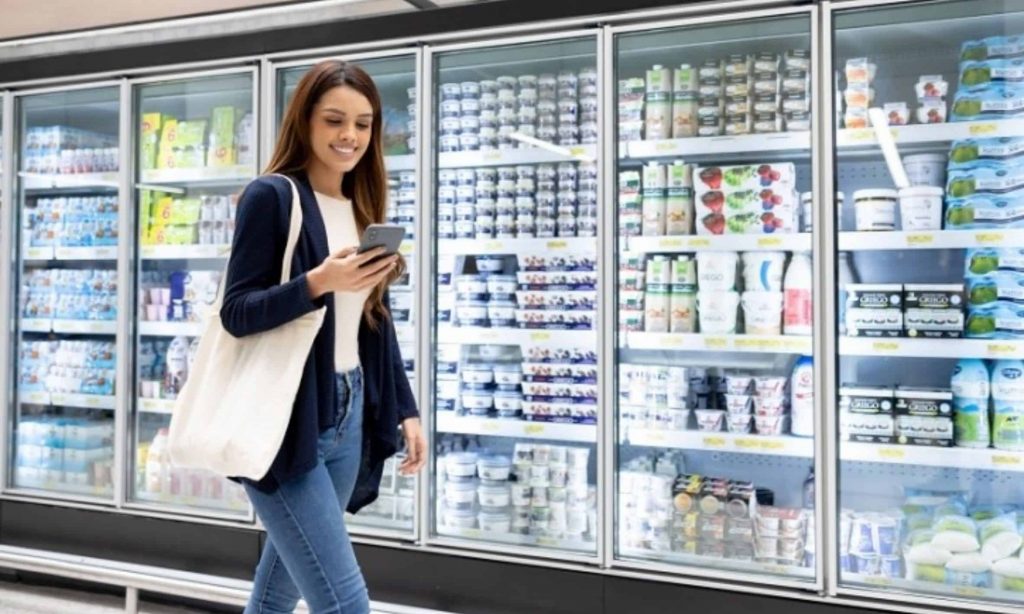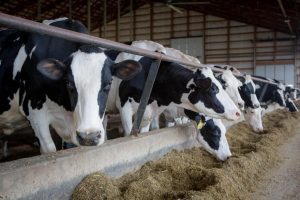
“The question everyone’s been asking: Is sustainability driving growth? And the answer is yes. We found that products that were carrying claims grew about 170 basis points stronger growth in the last five years than products without claims.”
Consumer behavior changes, younger consumers to drive sustainability claim growth
While the main reason a consumer purchases a brand is largely due to price and health, sustainability “is in the mix,” and many consumers are looking for a variety of sustainability claims with their brands, including responsibly sourced, sustainable packaging, sourced locally and many more, according to a NielsenIQ, McKinsey report on sustainability claims, Frey said.
Overall, a vast majority of consumers are charging how they are living and shopping to live more sustainability, with only 5% of them taking no action to lead a more sustainable life, Frey shared.
And just as consumers are changing how they shop to be more sustainable — including taking their own bags when shopping (49% of consumers) — they also place different levels of importance on sustainability claims, Frey said.
“When we looked at older versus younger consumers, older consumers generally are thinking sustainability is about the environment about natural resources, and younger consumers [are] really thinking it’s much more around the social aspect.”
And as these young “consumers continue to move into their peak earning years … they will continue to really accelerate the growth that we’re seeing around sustainability,” Frey said.

Sustainability claims have untapped potential in the dairy, deli, bakery space
When it comes to the dairy, deli, and bakery space, outside of the bread and milk segments, “there is not a lot of prevalence of sustainability claims in general across the categories,” Frey said. However, “the ones that are there are driving growth, so there is differentiated growth for sustainability,” she said.
While more sustainability claims might entice brands to charge a premium, they need to be careful about what they charge, as prices is often the main driver in a purchase decision, while also see how the claims can boost brand loyalty, Frey noted.
“If a claim was kind of unique, we really saw that there’s kind of a window of time where a brand can have a price premium and charge that price premium for the claim before more brands come into the space and carry that claim, obviously that upside opportunity declines. But what we did find was brands that are carrying more ESG claims that have higher loyalty.”
In addition to historical influences of pricing, many consumers are trading down from premium brands or even national brands to private labels, Frey said. However, from the data NielsenIQ has gathered, sustainability claims have remained strong and can be a key tool in keeping consumers happy during challenging economic times, she explained.
“As a whole, we haven’t seen the declines in penetration or frequency of sustainability, kind of the attributes that we track around sustainability, and we frankly hypothesized that we would see some declines, especially with the inflationary increases,” Frey said. “I think what that also says is sustainability can be one of those things that can also … make your business more resilient to things like price increases.”






















